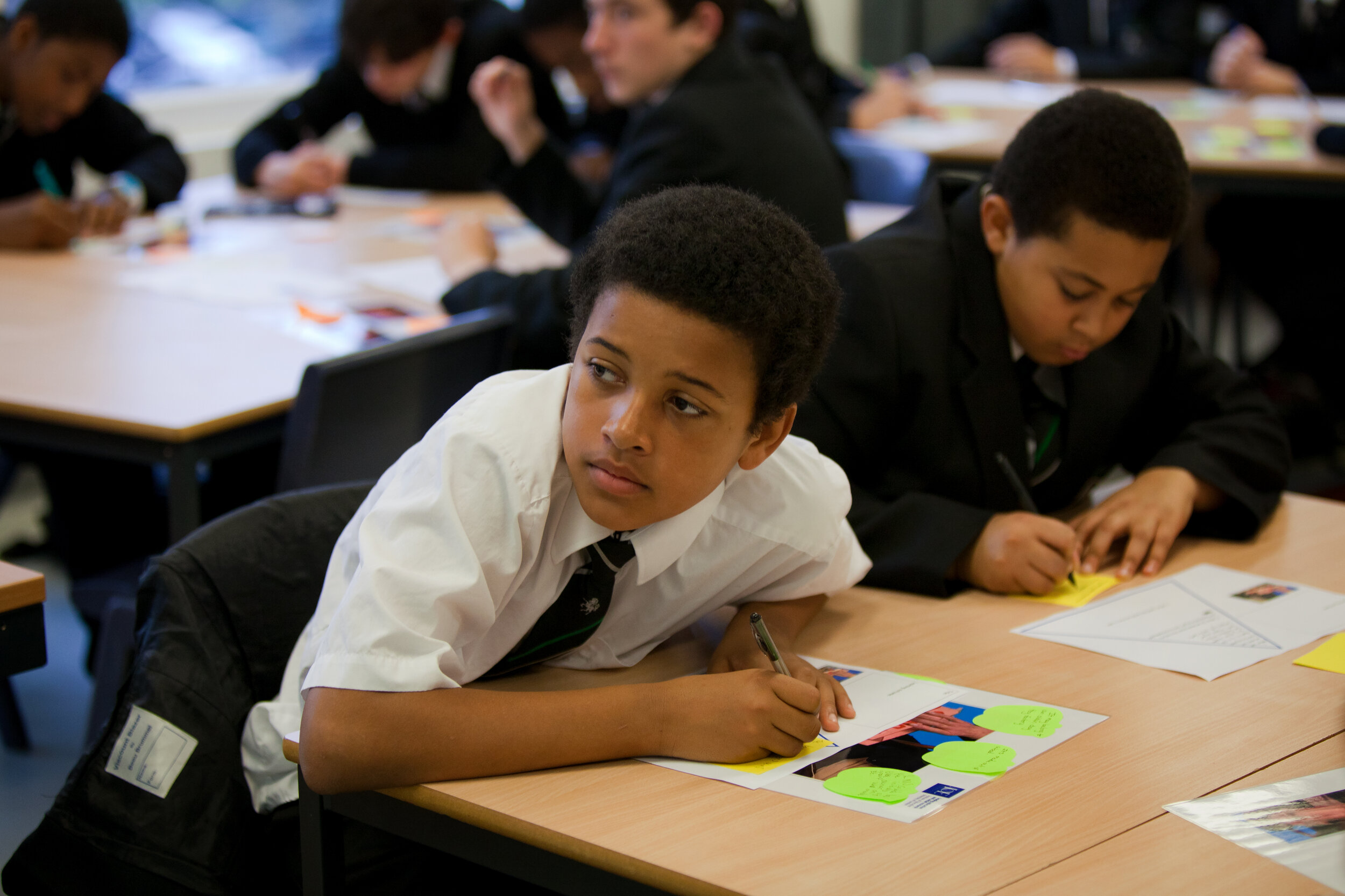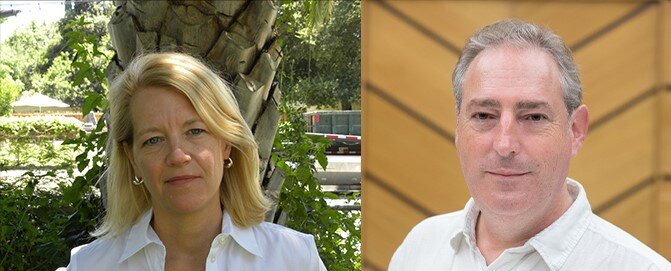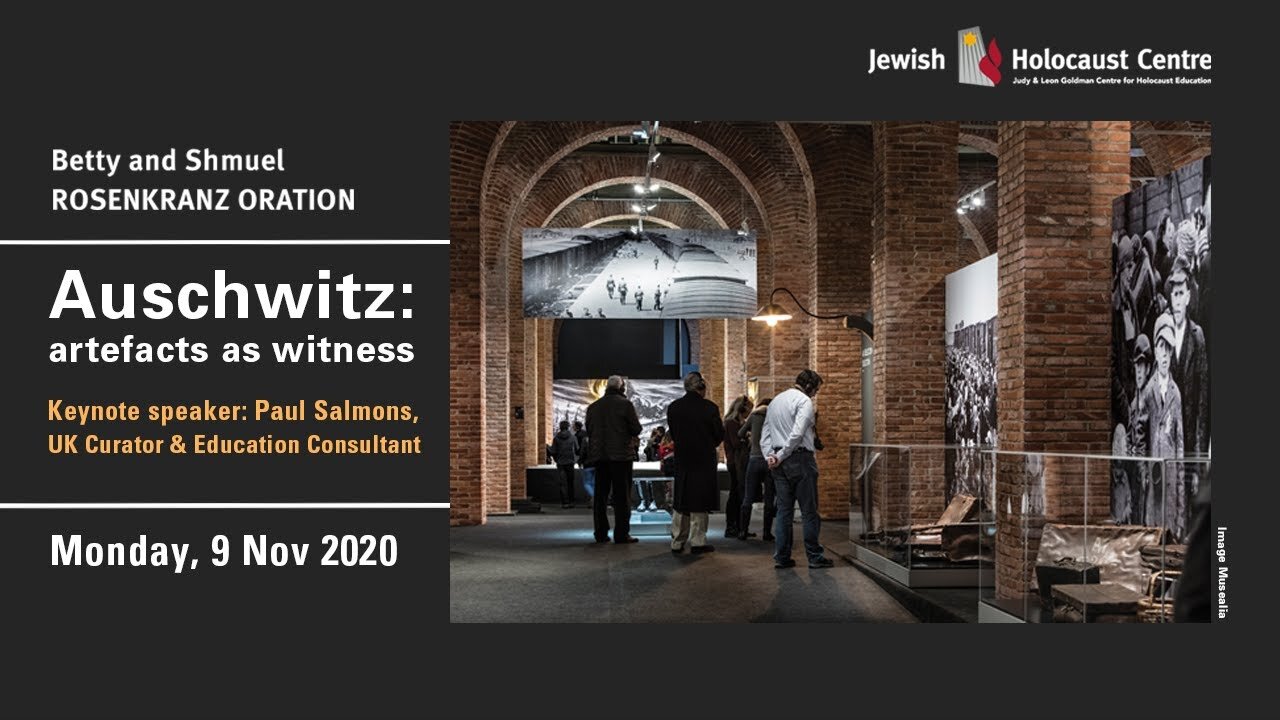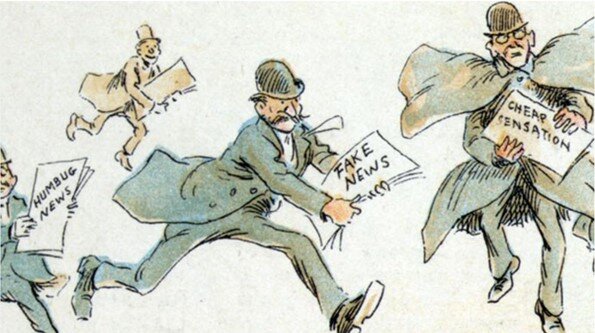Writing and talks.
Paul regularly gives online and in-person talks, and publishes academic papers, book chapters, articles and teaching materials. Here’s a selection.
Books and chapters.
Exhibiting the Holocaust in countries where it didn’t happen
Salmons, P. (2020), in Holocaust Remembrance and Representation: Documentation from a Research Conference, Research anthology of the Inquiry on a Museum about the Holocaust Stockholm 2020. Swedish Government Official Reports SOU 2020:21
Encountering the Holocaust through Primary Documents
Kaiser, W. and Salmons, P. (2016), in ‘Essentials of Holocaust Education: Fundamental Issues and Approaches’, Edited by Totten, S. and Feinberg, S. New York: Routledge.
What do students know and understand about the Holocaust? Evidence from English secondary schools
Foster, S., Pettigrew, A., Pearce, A., Hale, R., Burgess, A., Salmons, P., Lenga, R., (2016). London: UCL.
Comparing genocide in the classroom: Challenges and opportunities
Salmons, P. and Haß, M. (2014), in Holocaust Education in a Global Context, Edited by Fracapane, K. and Hass, M. Paris: UNESCO.
Teaching about the Holocaust in English Secondary Schools: An empirical study of national trends, perspectives and practice
Pettigrew, A., Foster, S., Salmons, P. et al, (2009). London: UCL
Featured talk.
Articles and journals.
Debunking the Rothschild Conspiracy
Salmons, P., Davar F., Alavi, S. (2021), Article for IranWire, as part of the Sardari Project: Iran and the Holocaust, and for the United States Holocaust Memorial Museum.
On the significance of Auschwitz
Salmons, P. (2020), Keynote address at the United Nations, on the occasion of the opening of the exhibition 'Seeing Auschwitz'. Marking the 75th anniversary of the liberation of Auschwitz.
Holocaust and other genocides
Salmons, P. and Chapman, A. (ed) (2013), Teaching History, Issue 153, London: Historical Association
Holocaust
Salmons, P., Andrews, K. and Chapman, A. (eds.) (2010), Teaching History, Issue 141, London: Historical Association
Universal meaning or historical understanding? the Holocaust in history and history in the curriculum
Paul Salmons, Teaching History, Issue 141, December 2010. The Historical Association.
Teaching or Preaching? The Holocaust and intercultural education in the UK
Salmons, P. (2003) ‘Teaching or Preaching? The Holocaust and intercultural education in the UK’, in Intercultural Education, Volume 14, Issue 2
Moral dilemmas: History, teaching and the Holocaust
Salmons, P. (2001), in Teaching History, Issue 104, London: Historical Association.
Recent talks.
Teaching materials.
Footprints
In this project developed for the United Nations International Day of Remembrance, Paul shows how apparently ordinary things, when approached and viewed differently, can provide profound learning opportunities. Film, lesson plan, and PowerPoint presentation available in all languages of the United Nations.
Authentic encounters
This teaching resource Paul developed for UCL Centre for Holocaust Education encourages students to use a historical object as a way in to ‘doing history’ and thinking about wider implications. Please note, access to this resource requires registration on a UCL Twilight Course – which is highly recommended!
What was the Holocaust? An interactive timeline
Understanding the complexity of the events of the Holocaust has the potential to transform students’ understanding. This outstanding teaching resource, developed by Paul for UCL Centre for Holocaust Education, is only available as part of the Centre’s full day CPD programme.
Being human?
Many students come to learning about the Holocaust with preconceptions of the people involve. In this lesson, a series of detailed case studies helps to challenge this prior thinking to create an unsettling portrait about how ordinary people can become complicit in mass murder. Access to the resource requires participation in UCL Centre for Holocaust Education’s full day CPD.
Telling the story of resistance
This powerful and emotionally engaging resource, created with Andy Pearce of UCL Centre for Holocaust Education, challenges students to investigate the myriad ways in which a diverse range of individuals responded to the Holocaust as it was unfolding, and to consider what this reveals about our understanding of ‘resistance’.
Reflections - a teacher’s resource pack for the Holocaust exhibition
Salmons, P. (2000), London: Imperial War Museum (Out of print)
Designed to integrate students’ visit to the Holocaust exhibition at the Imperial War Museum into a complete inter-disciplinary scheme of schoolwork. Includes more than 30 detailed lesson plans for teachers of history, religious education, English, PSHE, citizenship, art and music, providing age-appropriate classroom activities for pre-visit and follow-up work.
Torn Apart - a student’s guide to the Holocaust exhibition
Salmons, P. (2000), London: Imperial War Museum (Out of print)
A study guide for Year 9 and GCSE students examining the impact of the Holocaust on individuals, families and communities through personal stories, photographs and artefacts. Explores key historical themes and stimulates discussion of issues relevant to young people’s lives today.
Videos.
Genocide as a Social Act
This video explores how to disrupt students' prior thinking about how and why the Holocaust was possible, and what this means for their meaning-making when confronting this difficult past. It is part of Paul’s contribution to a free online course, 'Teaching the Holocaust: Innovative approaches to the challenges we face', a MOOC offered jointly by UCL Centre for Holocaust Education and Yad Vashem. (5 minutes)
The Rothschilds Conspiracy Theory
The Rothschild conspiracy theory is an age-old myth that a single European Jewish banking family has the power to control world events. It has deep antisemitic roots, and over time has been used as a vehicle to promote different forms of hate. This short video exposes the lies behind this myth and explores why it continues to persist to this day. (6 minutes)
Exhibition Insights: A Curator Discusses His Work
Paul discusses the competing responsibilities in curating the exhibition ‘Auschwitz. Not long ago. Not far away.’ (2 minutes)
The Journey of an Artefact
Exploring the curatorial challenges and extraordinary story behind a single artefact, an embroidered blouse, on view in the New York exhibition ‘Auschwitz. Not long ago. Not far away.' (3 minutes)
An Object of Wonder
‘There were tens of thousands of blankets, but each one tells its own story of individual suffering.’ Paul explores the powerful meanings and extraordinary significance of a seemingly ordinary artefact, a simple, woollen blanket. (3 minutes)
Footprints
How do we ‘read’ objects? In this short film produced for the United Nations, Paul models a forensic analysis of a small shoe, discovered at Auschwitz-Birkenau. (8 minutes)







The story of one photograph, one massacre, and what it reveals about the Holocaust. In conversation with Dr Wendy Lower about her remarkable research to discover the identities of the victims, their killers, and the photographer who captured this act of atrocity.